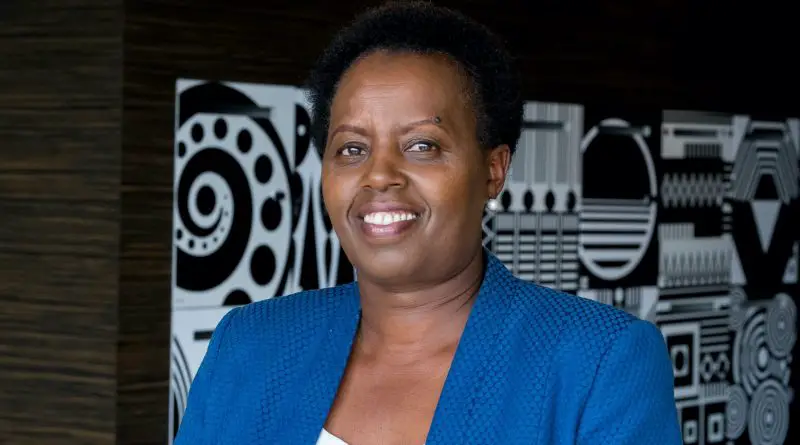There continues to be an increased demand for quality, affordable and easily accessible medical services in Kenya. This is mainly attributed to increased and improved awareness of need to keep healthy as more severe conditions surface needing urgent attention.
More lifestyle diseases are prompting many people to want to be sure they can access services without delay when needed.
The demand for services has caused providers to rethink their models of operation.
In the past, only the government was known to have facilities distributed geographically across most towns in the country.
This has now changed as the demand for continuity and consistency has increased. Service providers have resorted to have branches in others towns besides where their head office or main facility is located.
This is not only to have more patients attend the facilities but also to allow their existing clients have the same quality of services across various regions. This provides comfort and convenience for clients as the provider is committed to give them a delightful experience.
This is the case of Bliss Healthcare Limited which has its headquarters in Nairobi but has facilities geographically located in 45 counties out of the 47 counties in Kenya.
All the facilities are branded and bare the same set up for basic services which include the registration area, nurse station and triage, doctor’s consultation, laboratory, pharmacy and x-ray.
In the more advanced facilities and based on the needs of the region, one will find other departments such as ultrasound, CT scan, dental and optical services. Most of the clinics have specialist clinics during specific days and timings.
According to a Bliss staff member in the Moi Avenue Branch, the reason to have geographical spread of facilities is engrained in the vision of the founder and owner of Bliss Healthcare Jayesh Saini.
The staff indicated that during induction, they were told that Jayesh believes in bring services closest possible to the people to ensure least loss of life and minimum exposure to disease between occurrence and health facility.
According to the staff, this is a good idea because people do not have to travel from one town to another just to get clinical attention and thus saves them time and money. He said that it also offers staff members opportunities to work in various settings across the country.
This exposure, he said, is good as one encounter disease that are region-specific broadening their medical expertise and also is an opportunity to explore the country. He pointed out that this kind of business has caused even the big hospitals to start operating satellite clinics in diverse towns.
This in his opinion has created healthy competition, reduced to charges at facilities and given people a wider variety to choose from. He believes that the vision of their Chairman to make healthcare affordable for all is becoming a reality as the services are expanded by all.
Those undertaking this expansion of health service delivery portals must be commended and supported. It takes resources to establish one facility. Every facility requires start up capital. This depends on what kind of facility it is and the personnel being engaged and could range from something like 300,000 for a standard/basic facility to anything about KShs 3 million for a more advanced clinic especially if it is a hired premise.
To have a chain of facilities means that even hiring staff is a rigorous activity. Most of those engaging in this chain of facilities have over time developed good relationship with business financiers, suppliers of equipment, medicines and other medical supplies where they work on credit basis to ensure services do not stop.
The downside of geographical spread from an economic view is that some of the facilities may not meet their financial needs in full and have to be supported by others. Such clinics however are important to have as they also help some very critical and needy cases.
















































